President Joe Biden also congratulated Erdoğan, who said at a rally after the election results were announced that he wanted to “express my gratitude to my people who made us live this democracy holiday.”
Erdoğan won in the Turkish Republic’s centenary year after one of the most hotly contested presidential elections in recent times.
Voters returned to the polls for the runoff election after Erdoğan and Kılıçdaroğlu, the leader of the opposition Republican People’s Party, each failed to secure more than 50% in the first round of voting May 14.
Kılıçdaroğlu, the joint candidate of an alliance of opposition parties, vowed to reverse the country’s tilt away from democracy.
For many disillusioned with Erdoğan’s religiously conservative rule, this election looked like the chance for change. Erdoğan’s AK Party has been in power since 2002, became prime minister the year year and began serving as president in 2014.
Erdoğan had trailed in opinion polls after a campaign dominated by the fallout from the devastating earthquake this year and the country’s economic turmoil. But he led the first round of voting and only narrowly fell short of outright victory.
The steep cost-of-living crisis dominated the agenda, along with a backlash against millions of Syrian refugees, as both candidates sought to bolster their nationalist credentials ahead of the runoff.
Kılıçdaroğlu has led the secular, center-left Republican People’s Party, or CHP, since 2010. He had previously said he intended to repatriate refugees within two years by creating favorable conditions for their return, but he subsequently vowed to send all refugees home if he were elected president.
Erdoğan, meanwhile, courted and won the backing of the nationalist politician Sinan Oğan, the former academic who was backed for president by an anti-migrant party but eliminated after finishing third in the first round of voting.
On the campaign trail, Oğan said he would consider sending migrants back by force if necessary.
Ahead of the first round, Erdoğan increased wages and pensions and subsidized electricity and gas bills in a bid to woo voters while leading a divisive campaign in which he accused the opposition of being “drunkards” who colluded with “terrorists.” He also attacked it for upholding LGBTQ rights, which he said were a threat to traditional family values.
Turkey also held legislative elections on May 14, and Erdoğan’s alliance of nationalist and Islamist parties won a majority in the 600-seat Parliament. Some analysts suggested that would give him an advantage in the second round, because voters were unlikely to want a splintered government.
Kılıçdaroğlu, a soft-spoken 74-year-old, built a reputation as a bridge builder and recorded videos in his kitchen to talk to voters.
His six-party Nation Alliance promised to dismantle the executive presidential system, which was narrowly voted in by a 2017 referendum. Erdoğan has centralized power in a 1,000-room palace on the edge of Ankara, and it is from there that Turkey’s economic and security policies and its domestic and international affairs are decided.
Along with returning the country to a parliamentary democracy, Kılıçdaroğlu and the alliance promised to establish the independence of the judiciary and the central bank, institute checks and balances and reverse the democratic backsliding and crackdowns on free speech and dissent under Erdoğan.
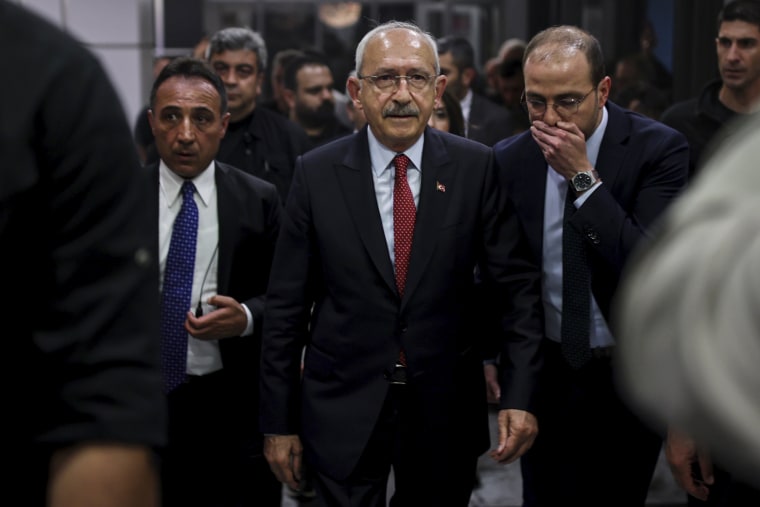
Turkey boasts NATO’s second-largest armed forces after the U.S., it controls the crucial Bosporus Strait, and it is widely believed to host U.S. nuclear missiles on its soil.
Together with the United Nations, Turkey brokered a vital deal that has allowed Ukraine to ship grain through the Black Sea to parts of the world struggling with hunger.
Neyran Elden reported from Istanbul and Henry Austin from London.

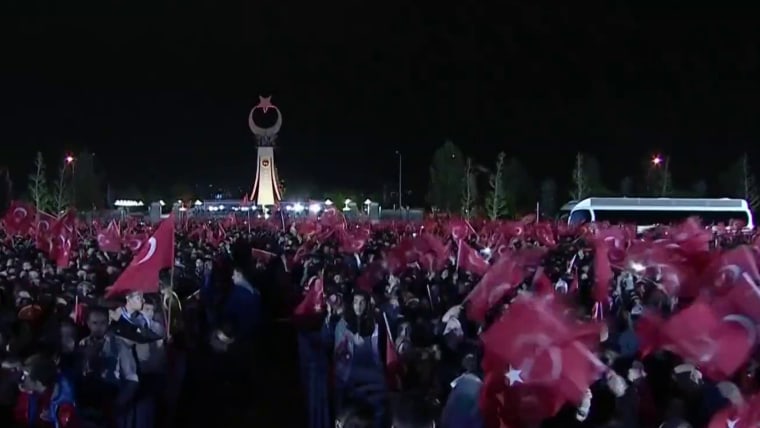
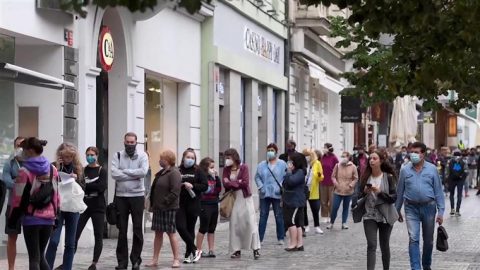


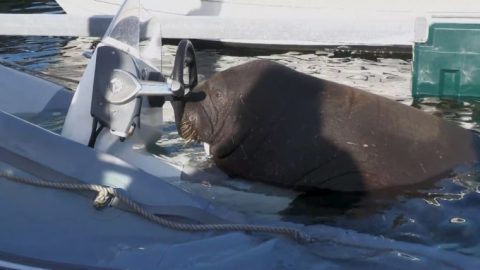


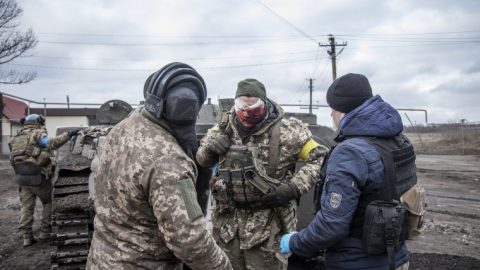
Recent Comments